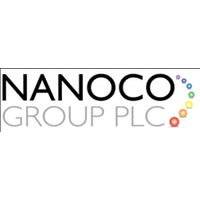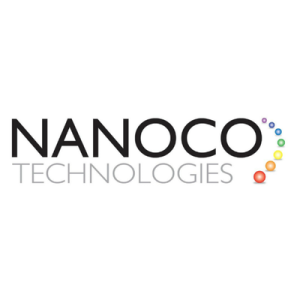Sir Kostya Novoselov and the University of Manchester are joining forces with Nanoco Group to develop and manufacture the new generation of nano-materials.
The Nobel Prize-winning scientist who discovered graphene has joined forces with a company to develop the new generation of nano-materials.
Sir Kostya Novoselov, who along with Sir Andre Geim, discovered the super-strong ultra-conductive wonder material 10 years ago at the University of Manchester.
For the past year the revered scientist has been collaborating with Manchester-based Nanoco Group PLC, a world leader in the development and manufacture of cadmium-free quantum dots and other types of nano-materials.
Quantum dots are about 10 to 100 atoms in diameter, the equivalent to about 1/1000th the width of a human hair.
When one of these particles is excited by light, it absorbs the energy and re-emits the light in a different colour depending on the size of the particle.
This has led to quantum dots emerging as a platform technology for LCD displays, lighting to biomedical applications.
In a bid to develop and commercialise nano-materials, the university and Nanoco have now launched a business called 2D Materials.
Currently there is no cost-effective way to produce these 2D materials on a commercial scale.


